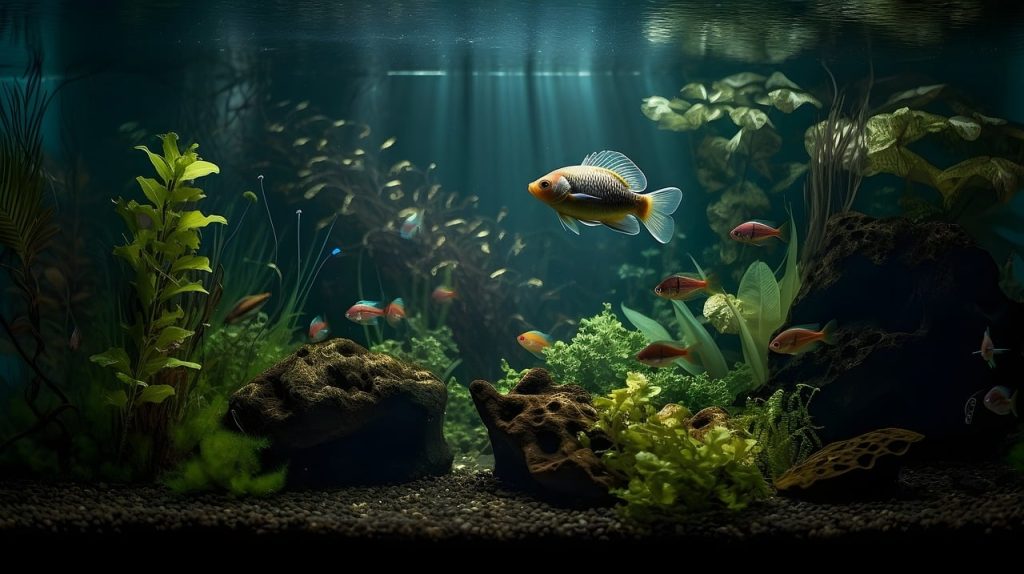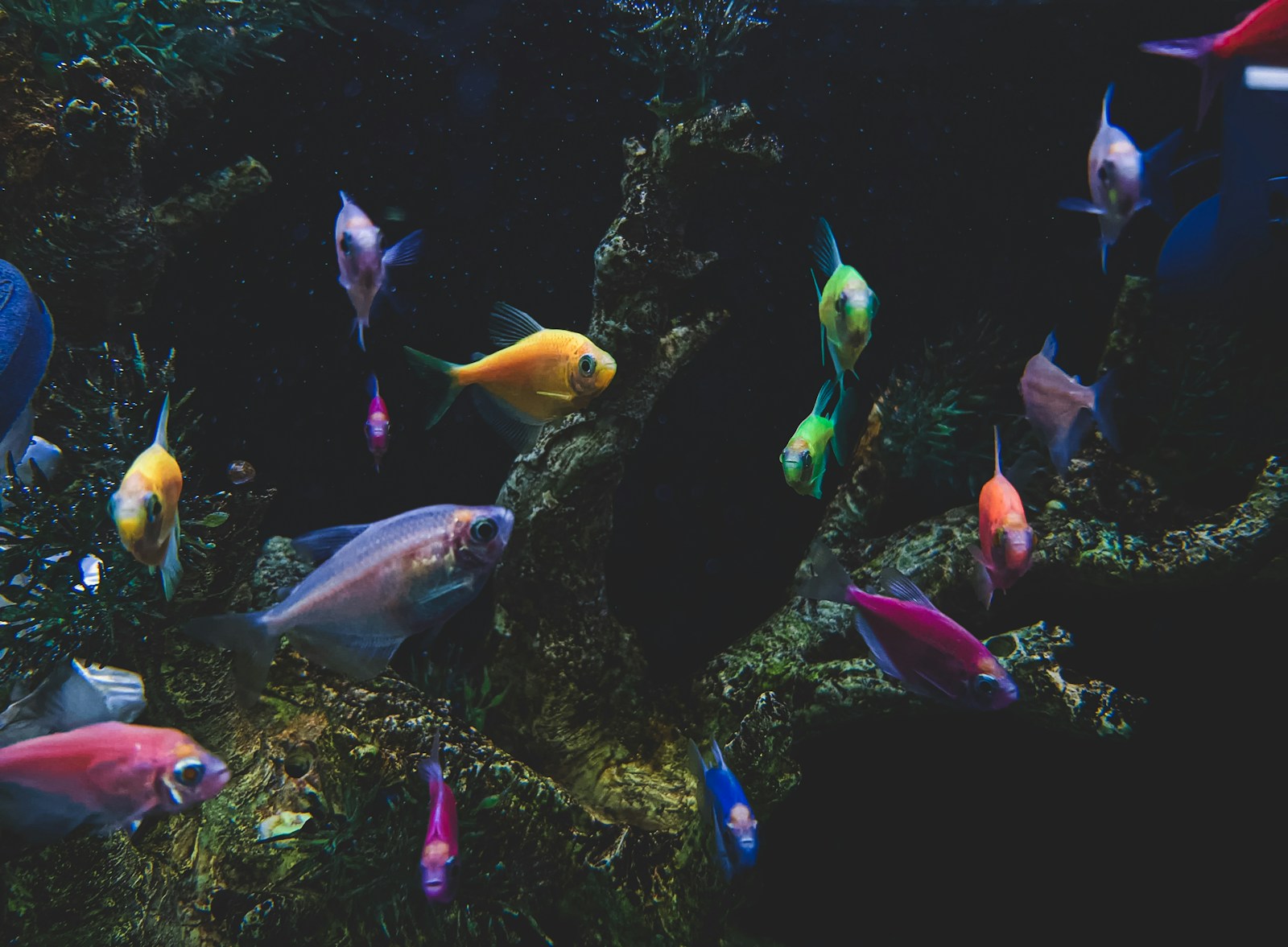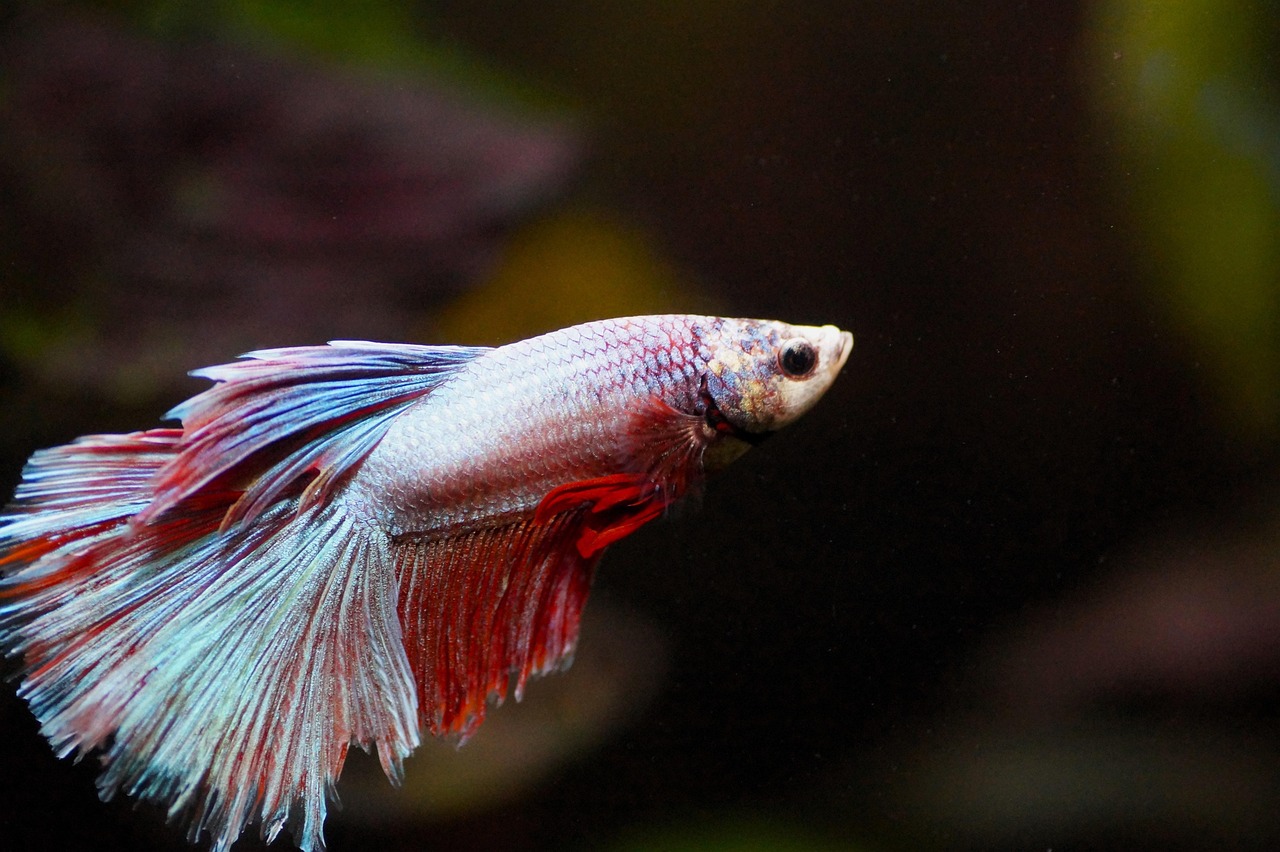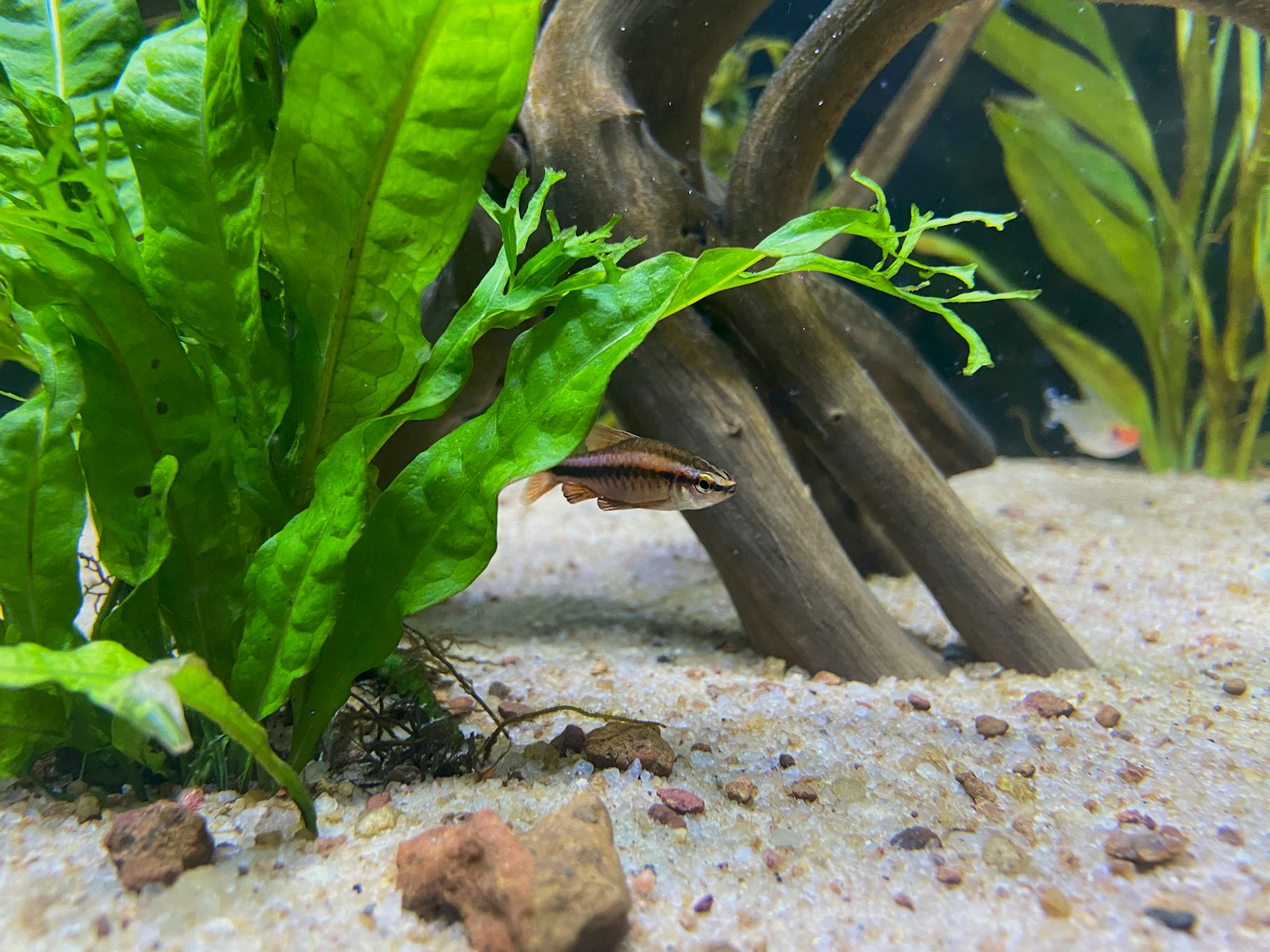
Aquarium filters are fundamental to maintaining a thriving aquatic environment. They play a pivotal role in keeping the water clean, balanced, and conducive to the health of ytheir fish and plants. In this comprehensive article, we’ll explore the ins and outs of aquarium filters, answering the most common questions enthusiasts have.
1. What is the purpose of an aquarium filter?
Aquarium filters serve several crucial functions. They remove debris, waste, and toxins from the water, ensuring a clean and safe habitat for ytheir aquatic inhabitants. Filters also facilitate the growth of beneficial bacteria, which break down harmful ammonia and nitrite, maintaining a stable nitrogen cycle.
2. How often should I clean my aquarium filter?
Filter maintenance frequency varies based on the type of filter and tank size. As a general rule, clean or replace mechanical filter media every 2-4 weeks, and rinse biological media lightly in tank water to preserve beneficial bacteria.
3. Can I use multiple types of filters in my aquarium?
Yes, combining different types of filters can enhance filtration efficiency. Many aquarists use a combination of mechanical, biological, and chemical filters to achieve optimal results.
4. What is the difference between mechanical and biological filtration?
Mechanical filtration involves trapping physical particles, while biological filtration relies on beneficial bacteria to convert ammonia and nitrite into less harmful nitrate.
5. How do I choose the right filter for my aquarium size?
Select a filter that is rated for a tank slightly larger than ytheirs. For example, if you have a 30-gallon tank, opt for a filter rated for 40-50 gallons. This compensates for the increased bio-load and ensures proper water circulation.
6. Are there filters specifically designed for freshwater or saltwater aquariums?
Yes, there are filters designed for both types of aquariums. While some filters are versatile, others are optimized for either freshwater or saltwater conditions due to differences in water chemistry and filtration needs.
7. Can I turn off the filter at night?
It’s generally not recommended to turn off the fish tank filter at night. Filters provide vital oxygen exchange and circulation, especially in densely populated tanks. Instead, consider reducing the flow rate using the filter’s settings.
8. How do I prevent my filter from becoming clogged?
Regular maintenance is key. Clean or replace mechanical filter media as needed and avoid overfeeding, which can lead to excess waste accumulation.
9. Do I need a filter for a small aquarium?
Yes, even small aquariums benefit from filters. Proper filtration helps maintain water quality, which is essential for the well-being of ytheir aquatic life.
10. Can I use filter media from an established tank in a new filter?
Absolutely. Transferring filter media from an established tank helps jumpstart the nitrogen cycle in a new setup, expediting the process of establishing a balanced ecosystem.
In conclusion, aquarium filters are essential tools for creating a healthy and thriving aquatic environment. By choosing the right filter, maintaining it regularly, and understanding the key concepts of filtration, you can provide ytheir aquatic pets with the best possible living conditions.



